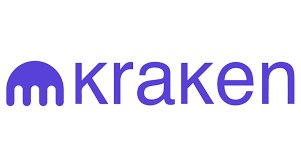
As #Ethereum works thru its #hardfork, worth asking these ?s abt your exchange/custodian:
* if it no longer supports the old chain, can it just break its contract w/ you?
* can it keep the forked coins or must it give them to you?
#Wyoming law has consumer protections for this!🤠
* if it no longer supports the old chain, can it just break its contract w/ you?
* can it keep the forked coins or must it give them to you?
#Wyoming law has consumer protections for this!🤠
It's situations like this that will REALLY set apart exchanges/custodians using #Wyoming law to govern their contracts w/ US customers. 🤠Non-Wyoming law intermediaries tend to have contracts that favor the intermediaries🙁, & courts tend to uphold them:
coindesk.com/appeals-court-…
coindesk.com/appeals-court-…
3/ One thing seems clear--there will be more litigation in the US for situations like this (bc there's more value involved now vs past). Also Cred bankruptcy, which is first substantial #crypto bankruptcy in US courts, has already attracted attn of consumer protection advocates
4/ All this is why #Wyoming separates wheat from chaff in US #crypto law. It offers serious consumer protections that other US jurisdictions don't offer yet & requires exchanges/custodians to use institutional-quality contract terms + requires SOLVENCY. Markets will decide...
• • •
Missing some Tweet in this thread? You can try to
force a refresh





